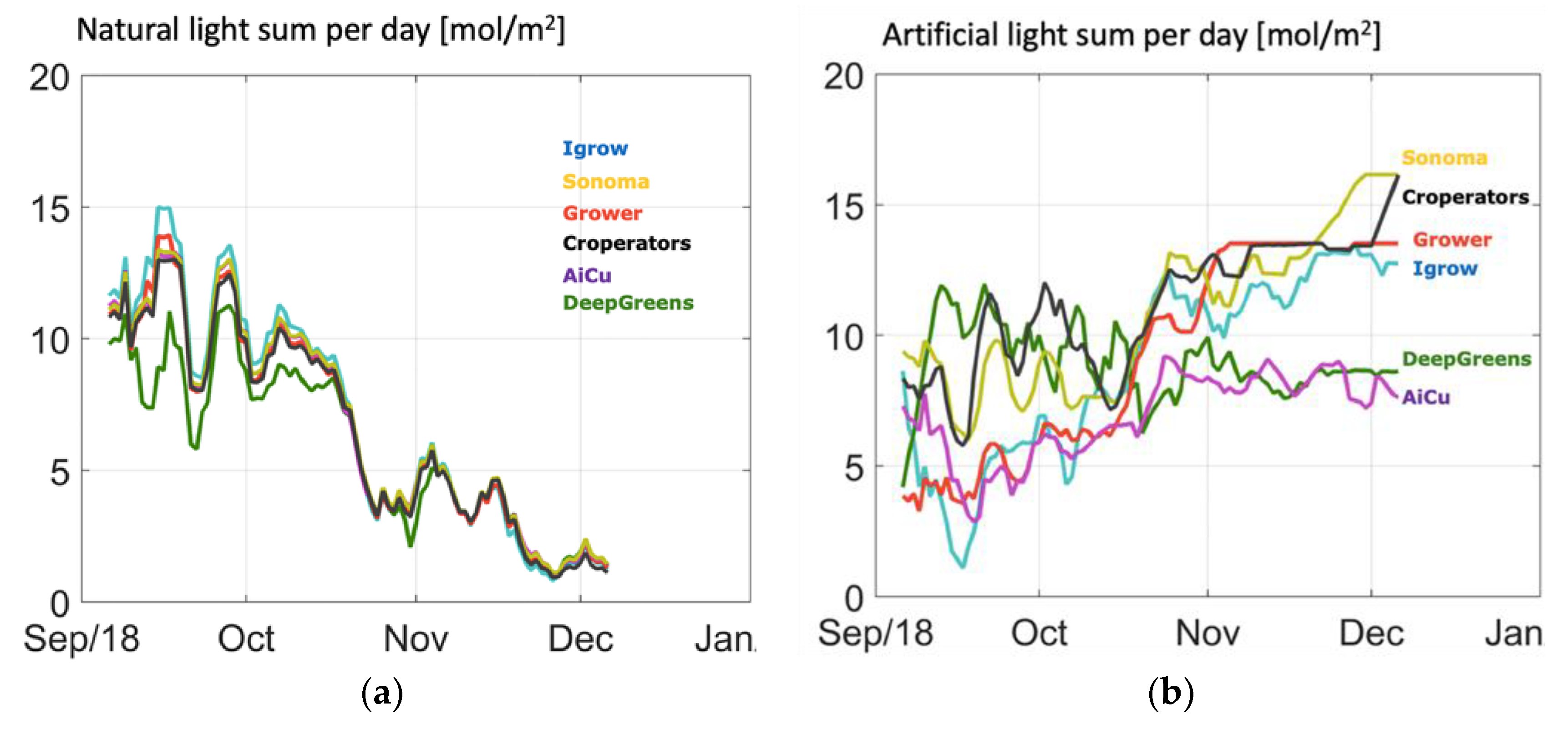It is expressed in terms of moles of light per square meter per day or mol m 2 d 1.
Daily light integral meter.
Daily light integral dli is the amount of par received each day as a function of light intensity instantaneous light.
Mol m 2 d moles per day.
It is a function of photosynthetic light intensity and duration day length and is usually expressed as moles of light mol photons per square meter m 2 per day d 1 or.
Meter runs for 24 hours and calculates the daily light integral dli real time intensity levels are shown in µmol m 2 s 1 every 4 seconds over the course of a day measures par light photosynthetically active radiation 400 700nm.
The dli concept is like a rain gauge.
μmol m 2 s 1 and duration day.
Mol m 2 d 1.
The term daily light integral refers to the number of light particles or photons received during one day in a particular location and area.
It is expressed as moles of light mol per square meter m 2 per day d 1 or.
The daily light integral dli is a measure of the amount of light received in a single day in a particular area.
This metric is important to measure since the amount of light your plants get in a day.
The apogee mq series meter is designed to measure and store this value each day.
It s not possible to use a constant multiplier with variable lighting so a quantum meter that has an integrating capability is necessary to determine the daily light integral under variable lighting.
The term daily light integral refers to the number of photons received during one day in a particular location and area.
The daily light integral dli is the number of photosynthetically active photons photons in the par range accumulated in a square meter over the course of a day.
Mol m d moles per day.
Just as a rain.
The daily light integral or dli is the amount of par light that is received each day as a function of light intensity instantaneous light.
Photons that have a wavelength between 400 and 700 nanometers nm provide the energy for photosynthesis which is the process of converting water and carbon dioxide into sugars and oxygen.

